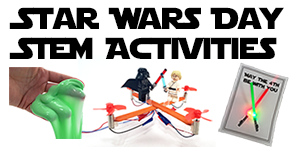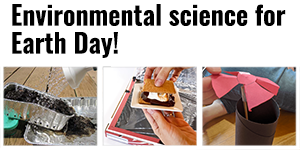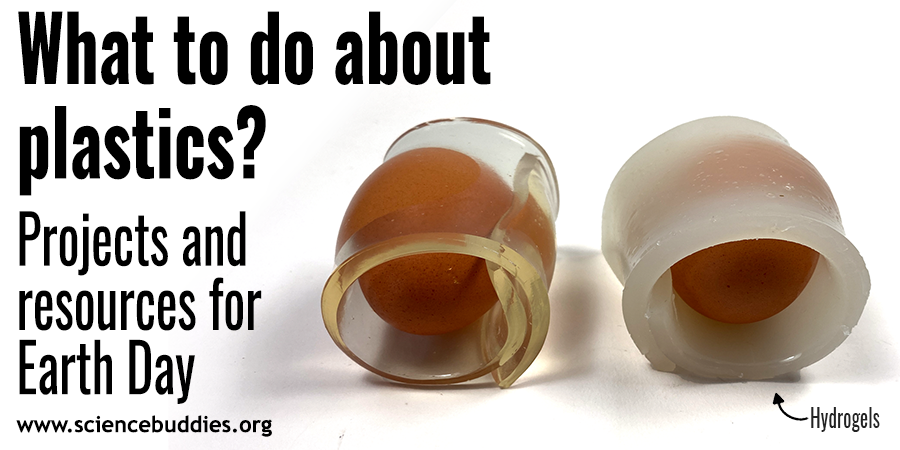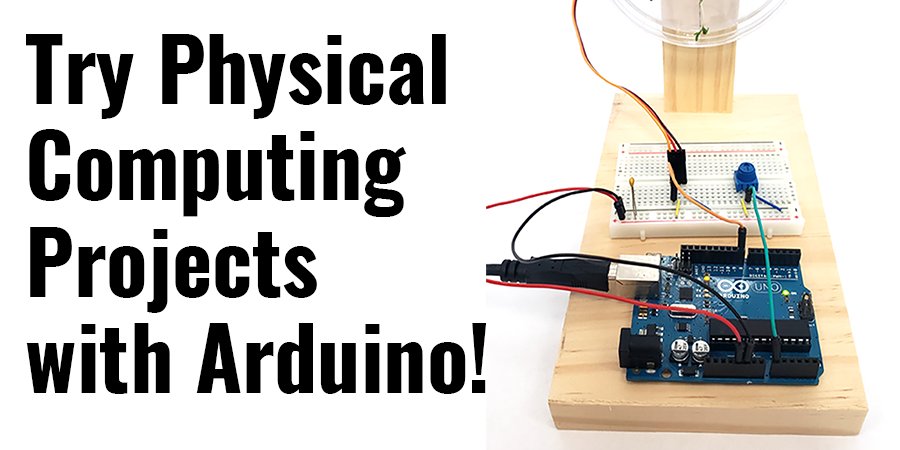Putting Things in Perspective: Honest Science
In recent months, the news has been riddled with stories about professional scientists behaving poorly. In November 2009, a hacker pirated and circulated hundreds of email messages that spawned what has become known as "Climategate,", a scandal which allegedly involves the systematic and deliberate misrepresentation of statistical data regarding global warming. On the heels of Climategate, the British medical journal Lancet this month retracted a scientific paper because of fraudulent data regarding a link between immunizations and autism, and the American publication Science recently placed a paper under suspicion until it receives additional data. In other news, claims regarding the rapid melting of Himalayan glaciers have been exposed as "speculative."
These examples from the scientific world are disheartening. They point to a certain level of ethical demise where results that "fit" expected or desired findings are more important than the scientific quest for truth. In each case, faulty findings and misrepresentation of data have had significant impact upon popular thinking and even upon economic planning and spending.
For teachers and students, these examples can be confusing. If the goal of experimentation and research is to test hypotheses, to explain things, to uncover what happens under certain circumstances, and to answer questions that can lead to new knowledge and further discovery, then why lie about what the data shows?
Why Falsify?
Scientists are human. It is natural to want to be right. It can be hard to discover in subsequent trials that early findings were not as conclusive as initially believed. It can be hard to have to "qualify" data or suggest that something that seemed breakthrough early on maybe wasn't. It can hard to admit that something didn't turn out as expected.
The pressure to publish research and findings can contribute to these problems. In the rush to put out new materials, "it can be tempting to take short cuts, to rush data that isn't fully analyzed out the door, or, worst of all, to fabricate data," says Sandra Slutz, Science Buddies lead staff scientist.
Students face similar time constraints and pressure, and sometimes students think the only way to get a good grade on a science project is for the project to show exactly what they set out to show. It is important for teachers, students, parents, and those involved in science fairs to create an environment where solid research and testing, where adherence to the scientific method, and where a spirit of enthusiastic investigation is encouraged — even if a project, in the end, doesn't turn out as expected.
What students stand to learn from a science project that is conducted properly from start to finish far outweighs the importance of the data fitting the student's original hypothesis or supporting a known scientific principle.
An Honest Fair
For teachers, parents, and students, stories of scientific fraud, deception, and misrepresentation in the science community are warning signs and offer concrete examples for talking constructively about the value of science fair projects, about "why" we conduct scientific experiments and "why" schools hold science fairs.
A science fair project is supposed to be a learning experience, and teachers and parents need to work together to ensure that the experience is a positive one. Unfortunately, whether you are a middle school student or a professional scientist, experiments don't always turn out the way that you want! That doesn't, however, mean that you should alter your results, ignore something important that happened, or pretend that things turned out differently than they did. Ultimately, you may not prove your hypothesis. But that doesn't mean that your science fair project had no merit!
If at First You Don't Succeed
It happens. Experiments do not always turn out the way you expect or want. Sometimes, it is because something avoidable went wrong. You can learn from that and try again or alter your procedures in the future. Sometimes, it is hard to tell "what" went wrong. Sometimes, the data simply doesn't match up to expectations.
On the bright side, you can learn a lot from what goes wrong with a science project. Scientific discovery, in fact, is often a one-step-forward-two-steps-back process. If you love the area of science you've chosen for your project, spending time troubleshooting what may have happened and finding either a new approach or a revised method for working with the topic can turn into a viable project for your next science fair.
Donna Hardy, an Ask an Expert volunteer from Bio-Rad, recently reassured a student and parent that had run into problems with a cabbage cloning experiment, "With science projects, the important thing is the science and the experiment, not necessarily the results. Your son followed the protocol, set up the experiment, and obtained some results. Not necessarily the results he was expecting, but there were results."
Be open, too, to what "what went wrong" suggests. You might find that unexpected results can lead your research or project in an entirely new direction.
As Amber Hess, a Science Buddies volunteer and Expert in the Ask an Expert forums notes: "My best project came about from a mistake I made in a different project. That's also how the microwave oven was invented!"
Indeed, observations that led to the development of the microwave oven started with an unexpected mess—a chocolate bar that melted in the pocket of Percy Spencer, an American engineer working with magnetrons for Raytheon. The melted chocolate bar demonstrated a side-effect of the magnetrons: their heating properties. Spencer went on to experiment with popcorn and then eggs. It wasn't where he started, but it led to a discovery that changed the face of the modern kitchen!
Just imagine if Spencer hadn't realized the potential in re-directing his research based on the melted chocolate bar!
As Sandra notes, "Every scientist, from famous Nobel prize winners to laboratory technicians in their first job, have had an experiment fail. Actually they've had a lot of experiments fail. And that's okay! It is simply part of the process. What differentiates the good scientists from the rest is what they do next. The truly horrible ones make up results, the bad ones simply give up and move to a new question, and the good scientists figure out why the project failed, implement a solution, and try again... and again... and again until it works."
Stay tuned for a checklist of ways to get your science project started off on the right foot to give yourself the best chance for success. Check back, also, for more suggestions from our staff scientists and experts regarding what to do... when a project doesn't work and how to troubleshoot what may have gone wrong.
Categories:
You Might Also Enjoy These Related Posts:
- Rubber Band Car Challenge Entries Cross the Finish Line!
- Tenth Annual Science Buddies Engineering Challenge Revealed
- 2023 Engineering Challenge Sees Record Participation
- Ninth Annual Science Buddies Engineering Challenge Announced with Support from EPAM Systems
- Best of STEM Resources in 2019
- Polymers Project Gets a Slime Update
- New Series of Science Buddies Books
- Science Buddies Annual Report: Supporting STEM Education









